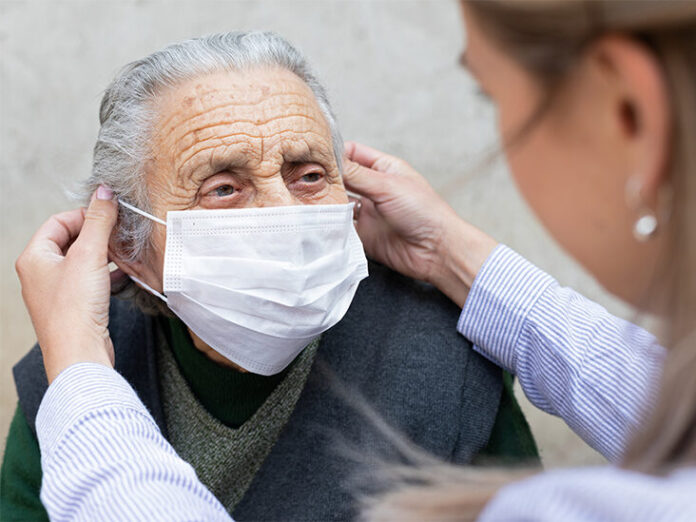A new report published today shows how palliative and end of life care in the UK was compromised by shortages of PPE, essential medicines, and equipment, because these services were not seen as ‘frontline NHS’ in the pandemic.
Better End of Life – a collaboration between Marie Curie, King’s College London Cicely Saunders Institute, Hull York Medical School, University of Hull, and the University of Cambridge – is a new research programme that will examine evidence on the current state of dying, death and bereavement across the four nations of the UK and propose a policy agenda aimed at helping to ensure that everyone has the best possible end of life experience.
The report, which launches the programme, is the first comprehensive review of dying, death and bereavement during COVID-19 and highlights valuable lessons for the long-term future of palliative and end of life care and bereavement support in the UK.
The report says more needs to be done to understand the care people did and didn’t receive to ensure that the whole system is ready for the increased number of people dying in the future, which is projected to be 100,000 more people a year across the UK in 20 years.
In 2020, the number of people who died was just over 695,000 – an increase of 91,000 on the previous five-year average (604,000). There has also been a large increase in deaths at home – the overwhelming majority of which were from causes other than COVID-19.
Fliss Murtagh, Professor of Palliative Care and Associate Director of the Wolfson Palliative Care Centre, University of Hull, and co-researcher, said: ‘While hospital and care homes deaths have increased during the pandemic waves, home deaths have increased throughout all of the last twelve months’, even between the waves. Home-based services have therefore had to provide more support for people dying at home and their families, over the last year.’
Experts warn that the last year has been a stress-test for community-based palliative care., in homes and care homes. Dr Stephen Barclay, a GP and Consultant in Palliative Care from the Department of Public Health and Primary Care at the University of Cambridge, and co-researcher, said:
‘General Practitioners, Community Nurses and Care Home staff have all been at the front line of end of life care during the pandemic. There is a pressing need for their central role in caring for people at the end of their lives to be recognised, supported and adequately resourced.’







